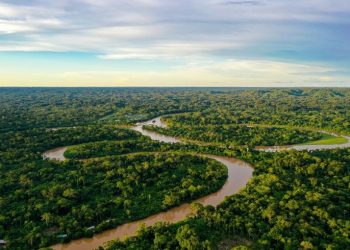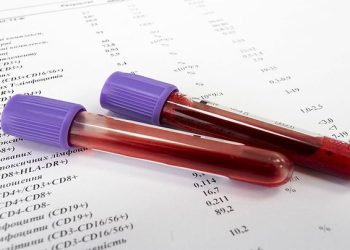Jakarta, Indonesia Sentinel — More than 14,000 new seed samples have been added to the Svalbard Global “Doomsday Vault”, located on a remote island in Norway’s Svalbard archipelago. The additions are part of an ongoing effort to safeguard thousands of vital plant species from extinction and ensure future global food security.
Since its launch in 2008, the Global Seed Vault or “Doomsday Vault” serves as a backup for the world’s gene banks, which preserve the genetic material of crucial plant species. Built deep inside a mountain, the facility has been designed to withstand disasters ranging from nuclear war to climate change.
The vault could contain more than 400 thousands of seed which are stored at a temperature of -18 degrees Celsius (0°F) with minimal oxygen exposure, helping to preserve them for the long term.
14.000 New Seed
The latest batch of samples amounting to 14,000 seeds has been stored to the vault. It comes from 21 gene banks worldwide. Among them are vital crop varieties from Sudan, a country where conflict has devastated agriculture.
Sudan’s primary gene bank, located in Wad Medani, once held 17,000 seed samples. However, the country’s ongoing civil war led to the looting and destruction of many of its stored genetic resources.
The seeds sent to Svalbard include different varieties of millet and sorghum, staple crops that have sustained communities in Sudan for thousands of years.
“In Sudan, where conflict has displaced over 8 million people and disrupted farming, these seeds represent hope,” said Ali Babikar, director of Sudan’s Agricultural Plant Genetic Resources Conservation and Research Center (APGRC), as quoted by IFL Science.
“By preserving biodiversity in Svalbard, we are safeguarding options for a more resilient and food-secure future, regardless of the challenges ahead.”
Read Also:
Kaimana Marine Conservation Area West Papua Touted as Indonesia’s Next Raja Ampat
The Philippines also contributed to the latest deposit at the Doomsday Vault. The country’s gene bank has been heavily impacted by natural disasters, including a Category 4 typhoon and a devastating fire in recent years.
The Philippines ranks first on the World Risk Index, which assesses a country’s vulnerability to extreme natural events. However, it is also recognized as one of only 18 “megadiverse” countries, home to an exceptionally high level of genetic biodiversity.
Safeguarding Biodiversity
This effort is part of the Biodiversity for Opportunities, Livelihoods, and Development (BOLD) project, managed by Crop Trust with funding from the Norwegian government. The initiative highlights the importance of international cooperation in preserving plant biodiversity, which is essential not only for food security but also for cultural heritage and global ecosystems.
According to Crop Trust Executive Director Stefan Schmitz, the seeds stored at Svalbard represent more than just crops. “They are symbols of knowledge, cultural heritage, and the resilience of the communities that cultivate them. In the face of climate change and biodiversity loss, efforts like this are more urgent than ever.”
(Raidi/Agung)

























